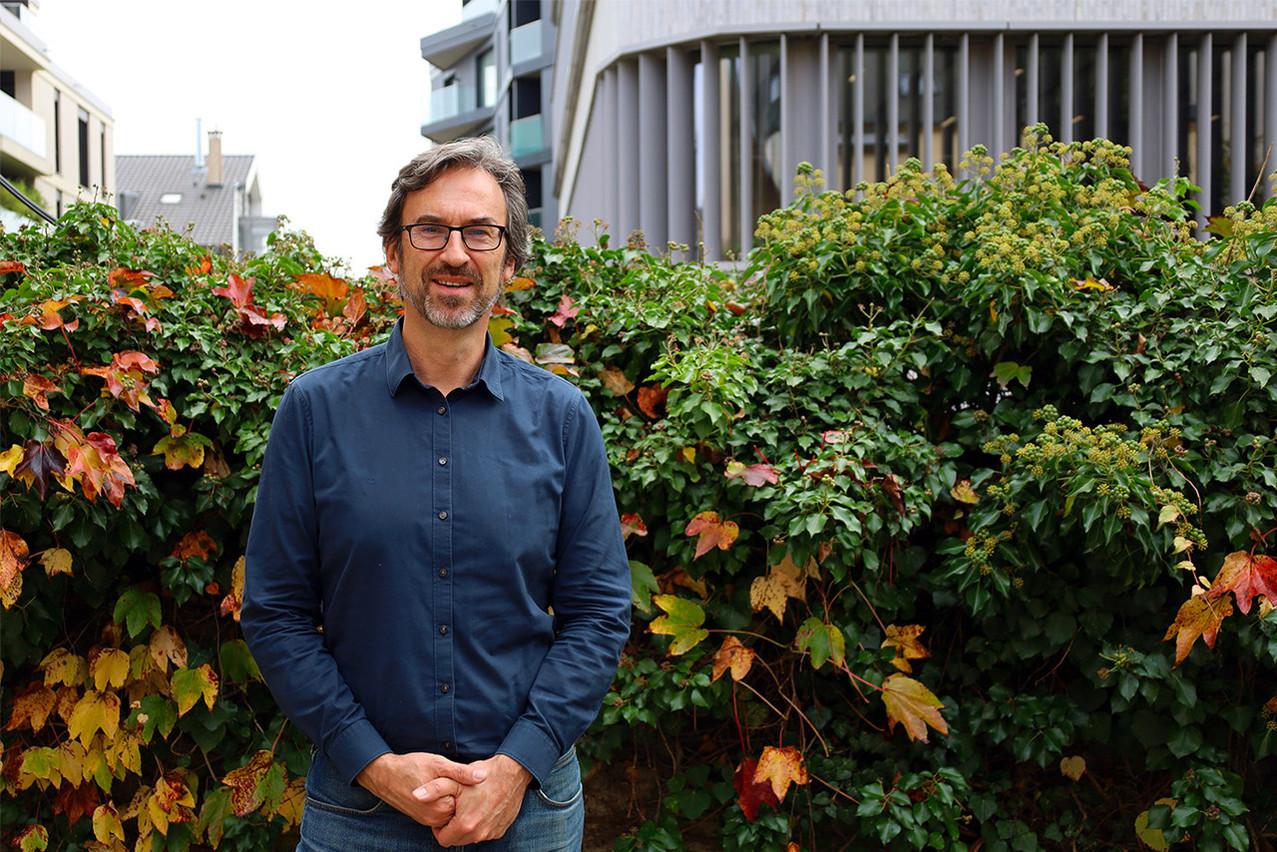Martin Lagneau recently took over as head of the Luxembourg branch of the NGO Handicap International, succeeding , who had held the post for four years. The announcement was made on Wednesday 4 December in a press release issued by the association, which stated that the appointment had been made with the support of the board of directors. “I am proud to have been able to contribute to this project and I am convinced that Martin will be able to continue our work with the same passion and the same desire to make the voice of people with disabilities heard,” commented the outgoing director.
With 25 years of experience in international cooperation and humanitarian aid, Lagneau is no stranger to the NGO, which he headed between 2007 and 2020. However, his involvement with the association goes back much further, since he joined its ranks in 1997. In particular, he played a role in the fight to ban anti-personnel landmines and cluster bombs, a struggle which earned Handicap International, along with five other organisations, the Nobel Peace Prize in 1997. Over the last four years, he has continued his commitment to human rights with other organisations such as Amnesty International as an advocacy officer.
“I am convinced that Handicap International will remain the bridge between those who want to help and those who need help, by upholding our values of inclusion and humanity, and by relying on the unwavering commitment and integrity of those who make up our organisation,” said Lagneau following his appointment. “Thanks to the work of our teams and volunteers, and the support of our donors, I am returning to an association that is as dynamic, committed and humane as ever.”
Handicap International is an independent international aid organisation that has been working for 35 years in situations of poverty and exclusion, conflict and disaster. Since its creation in 1982, Handicap International has set up development programmes in over 60 countries and responded to numerous emergency situations. The network of eight national associations (Belgium, Canada, France, Germany, Luxembourg, Switzerland, the United Kingdom and the United States) works constantly to mobilise resources, co-manage projects and promote the organisation’s principles and actions.
This article was originally published in .
